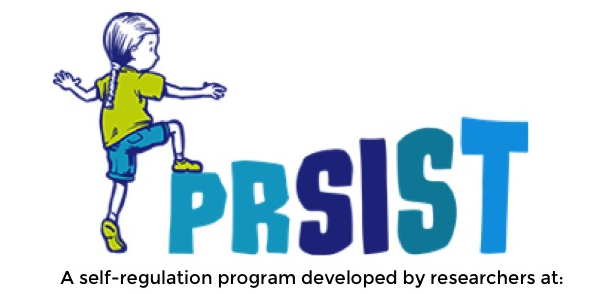
Acting Out
What to do: Set up an activity in which children sustain make-believe play, which can involve scenarios like a visit to a zoo (with children taking on the roles of zookeepers, animals, visitors), a restaurant (with chefs, hosts, wait staff, patrons, kitchen staff), a doctors office (with reception staff, patients, doctors, and nurses), or a shopping centre (with store staff, shoppers, security guard, and centre managers). Involve each child in selecting and planning for a meaningful character to play that will require sustained control in interactions. Where possible, give children choice in which roles they would like to play. Also give each visitor a different set of objectives at the shopping centre that day (e.g., booking travel and getting groceries, whereas others might be looking for a new outfit and a present for a party). Throughout the make-believe play, encourage children to maintain their roles (e.g., in movement, voice, speech) and support this through open-ended and directed questioning (e.g., ‘That plane is full – do you want to go somewhere else or go on a different day?’ or ‘What are you planning to make for dinner tonight? What ingredients will you need to buy to make that?’). Educators can serve as experts, such as ‘zoologists’ or ‘supervisors’, answering questions (or looking them up) as they arise.
Too easy? How to increase challenge: Ask questions that will challenge the children to think and act deeper in line with their adopted roles. For instance, you might ask, ‘What questions might the children most want to ask the zookeeper? What questions might adults want to ask?’ or ‘I wonder how the shopkeeper decides what to keep in their shop. How could we find out?’
Ideal location(s): Indoors or outdoors.
Ideal formation(s): Small group, large group, or individual
What you need: Equipment (e.g., props, dress ups) to enrich the make-believe play, if available.
What it does: This activity challenges children’s ability to maintain attention on things they have to remember, exerting control over their thinking, behaviour and social interactions to maintain their role. It encourages children to be flexible – when things don’t go to plan the children have to think of alternative approaches. It also encourages perspective-taking skills, as children have to think about how others (the characters they are playing) would think, feel and act.
Real life application and implications: Different situations require us to behave in a different manner. At a party, at the library, at work, and at the park we might put a slightly different face forward. This is because different situations impose different rules and expectations, and we need to be able to regulate our behaviours and emotions accordingly so that we can achieve our goals (e.g., finish our reading at the library without being thrown out for being too noisy). As with nearly everything, practice makes perfect. This activity gives children an opportunity to challenge and extend their ability to take on and sustain different roles, regulating their thoughts, behaviours, emotions, and interactions along the way.
Links to EYLF:
Respond to ideas and suggestions of others (Outcome 1.1)
Demonstrate an increasing capacity for self-regulation; Be open to new challenges and discoveries; Take considered risks in their decision-making and cope with the unexpected; Persist when faced with challenges and when first attempts are not successful; Increasingly cooperate and work collaboratively with others (from Outcome 1.2)
Explore different identified and points of view in dramatic play (from Outcome 1.3)
Display awareness of and respect for others’ perspectives; Express a wide variety of emotions, thoughts and views constructively (from Outcome 1.4)
Broaden their understanding of the world in which they live; Gradually learn to ‘read’ the behaviours of others and respond appropriately; Cooperate with others and negotiate roles and relationships in play episodes and group experiences; Begin to think critically about fair and unfair behaviour; Contribute to fair decision-making about matters that affect them (from Outcome 2.1)
Make choices, accept challenges, take considered risks, manage change and cope with frustrations and the unexpected; Show an increasing capacity to understand, self-regulate and manage their emotions in ways that reflect the feelings and needs of others (from Outcome 3.1)
Initiate and contribute to play experiences emerging from their own ideas; Persist even when they find a task difficult (from Outcome 4.1)
Apply a wide variety of thinking strategies to engage with situations and solve problems, and adapt these strategies to new situations (from Outcome 4.2)
Express ideas and feelings and understand and respect the perspectives of others (from Outcome 5.1)




